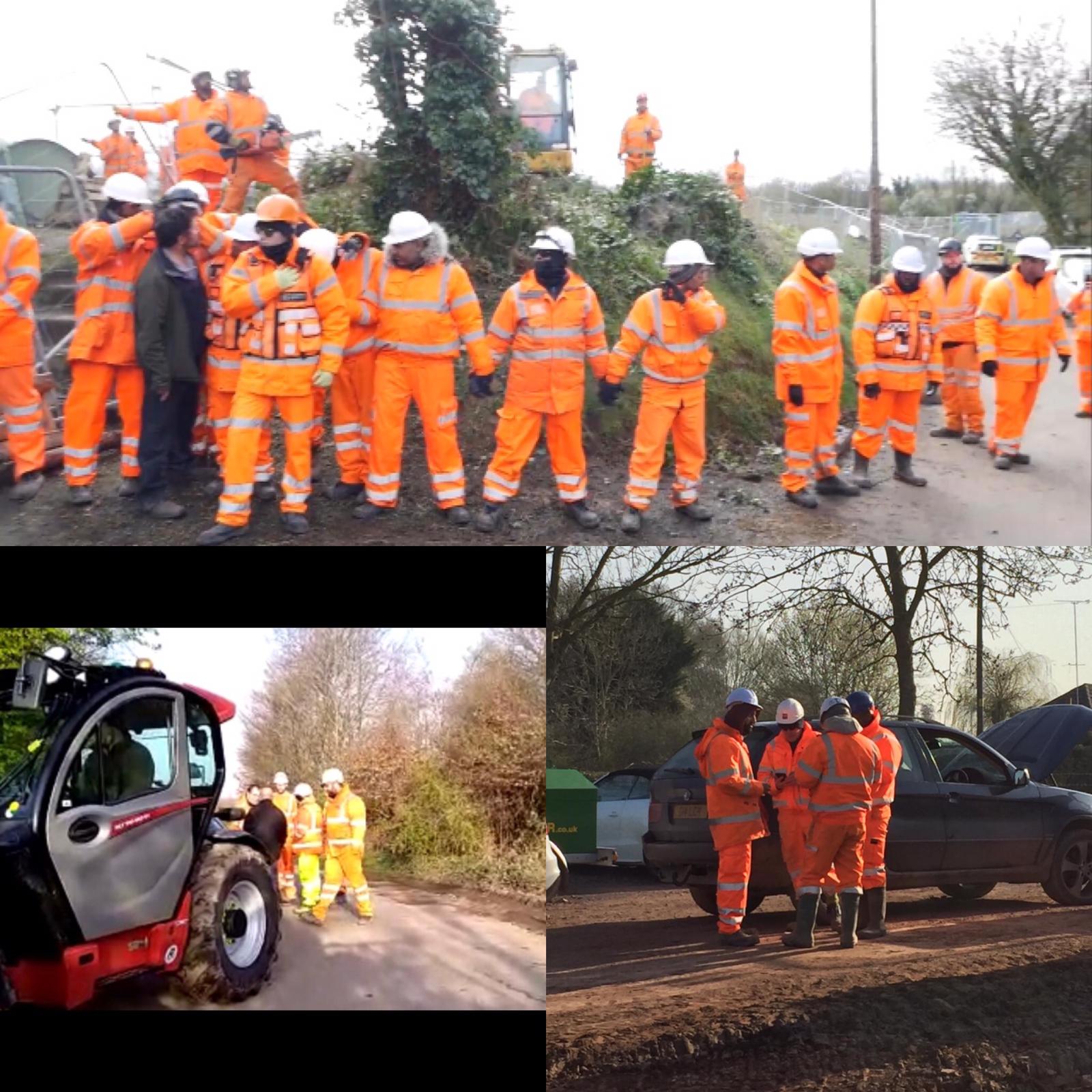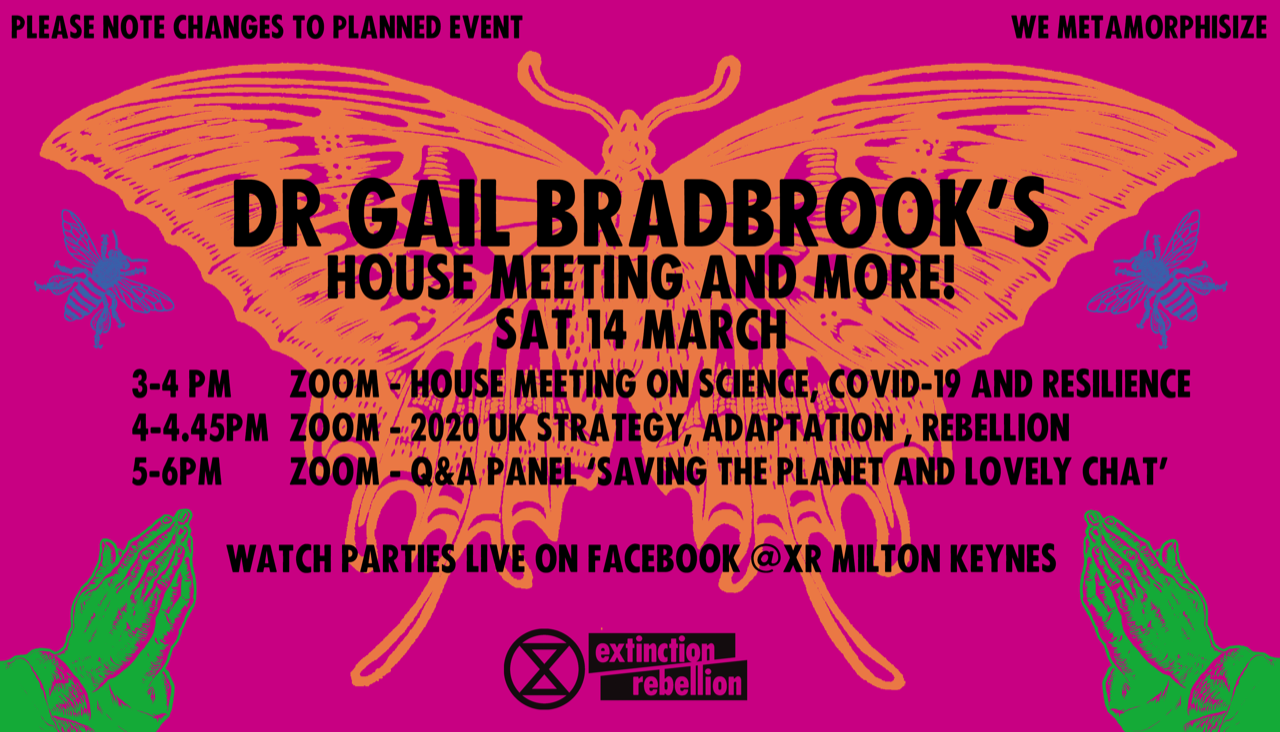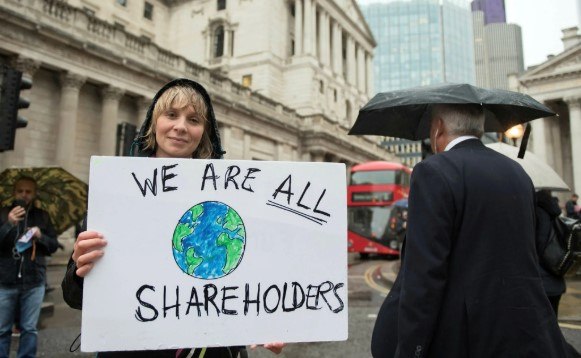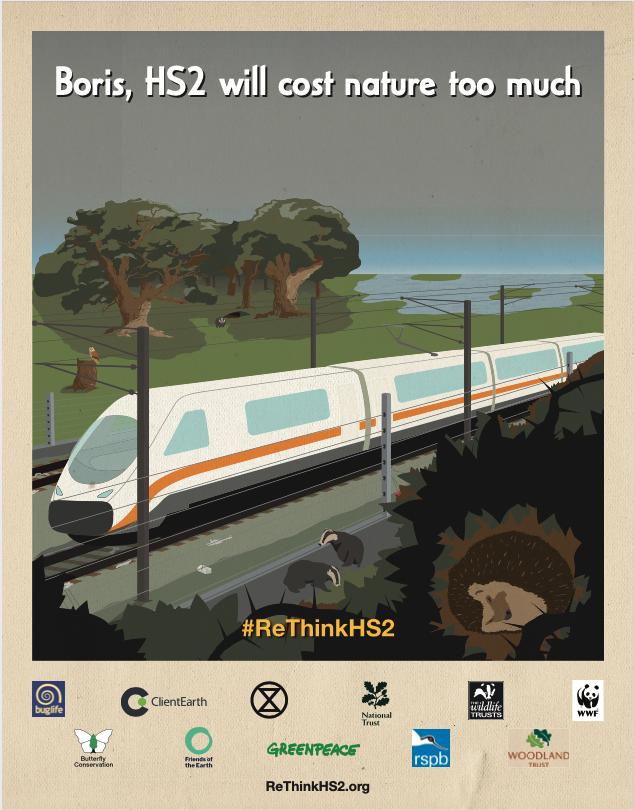by Chris Coppock
I recently attended Oxfordshire Peace Campaign’s day-school exploring common ground
between the anti-war and climate campaigns. Speakers included Dr Larch Maxey, a co-founder of XR, and Dr Rebecca Johnson, a leading international campaigner against nuclear weapons. However, rather than simply precising their talks, I set down a few thoughts on arriving home:
Tackling climate change depends on international co-operation, not competition or
conflict. CC doesn’t respect borders.
The colossal financial and human resources wasted on weapons and warfare could
instead help to combat or ameliorate CC. In the UK for example as military budgets increase overseas aid is cut.
The scramble for fossil fuels drives great-power tensions, e.g. the Arctic Ocean, pipeline
routes anywhere and, as one speaker argued, the war in Ukraine. Fossil-fuel producing states generally lack human rights/democracy, with troops used to suppress unrest e.g. the Gulf states, Iran. In poor countries CC impacts (e.g. drought or floods) drive displacement, tension and war. The former colonial powers (e.g. UK, US or France in C. Africa) respond with special forces, drones and securitizing our borders against refugees. “National security” trumps human security. Militaries have a huge Carbon-footprint even when not at war—an estimated 6% of the global total—yet this is excluded from C-accounting (e.g. Paris Agreement) and poorly reported, if at all.
The US military (over 800 bases worldwide, 13 in Britain) is the world’s largest C-emitter and a major polluter. The F35-A fighter now arriving (with new US nuclear bombs) at “RAF” Lakenheath, Suffolk, burns an unprecedented 1,480 gallons per hour. “Greening” the military, if at all, aims purely at tactical advantage. Wars—including post-war reconstruction–greatly increase the C-bootprint, also pollution and ecosystem disruption.
Even a “limited” or “localized” nuclear war (e.g. the 40 x 100kT warheads on one UK Trident sub) could cause massive CC by injecting soot into the stratosphere and wrecking the ozone layer. Global average temperatures could drop eight degrees (a “nuclear winter”) crippling global food production so billions—if they survived–would starve. Nuclear power is not peaceful: it was developed to provide weapons-grade material and creates a requirement for military-style security. It is also—as shown in Ukraine—incredibly vulnerable in a war zone.




